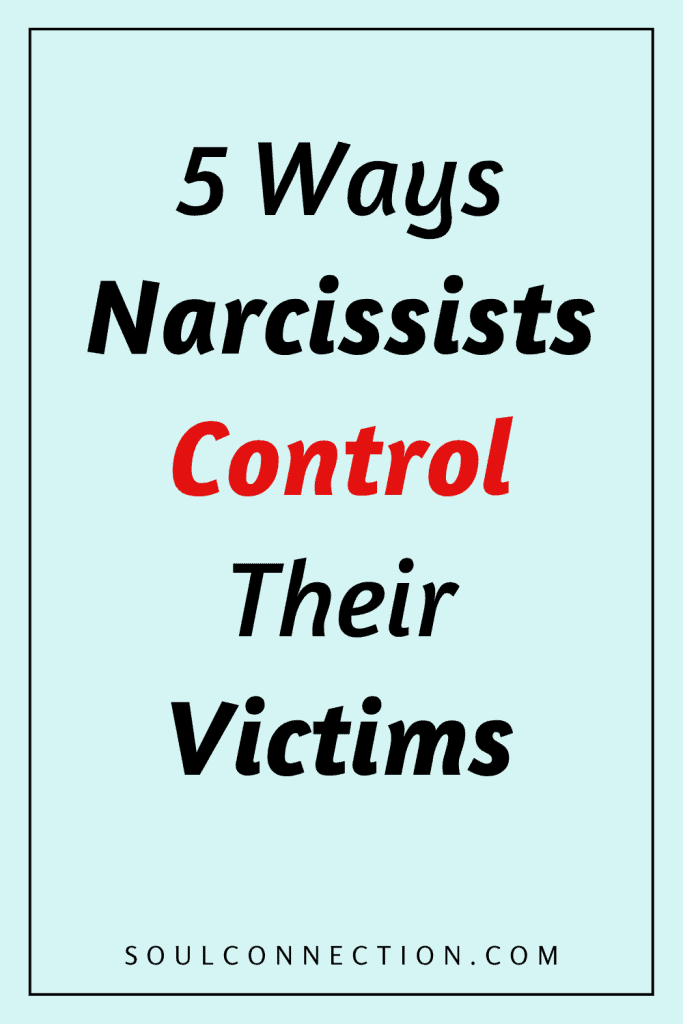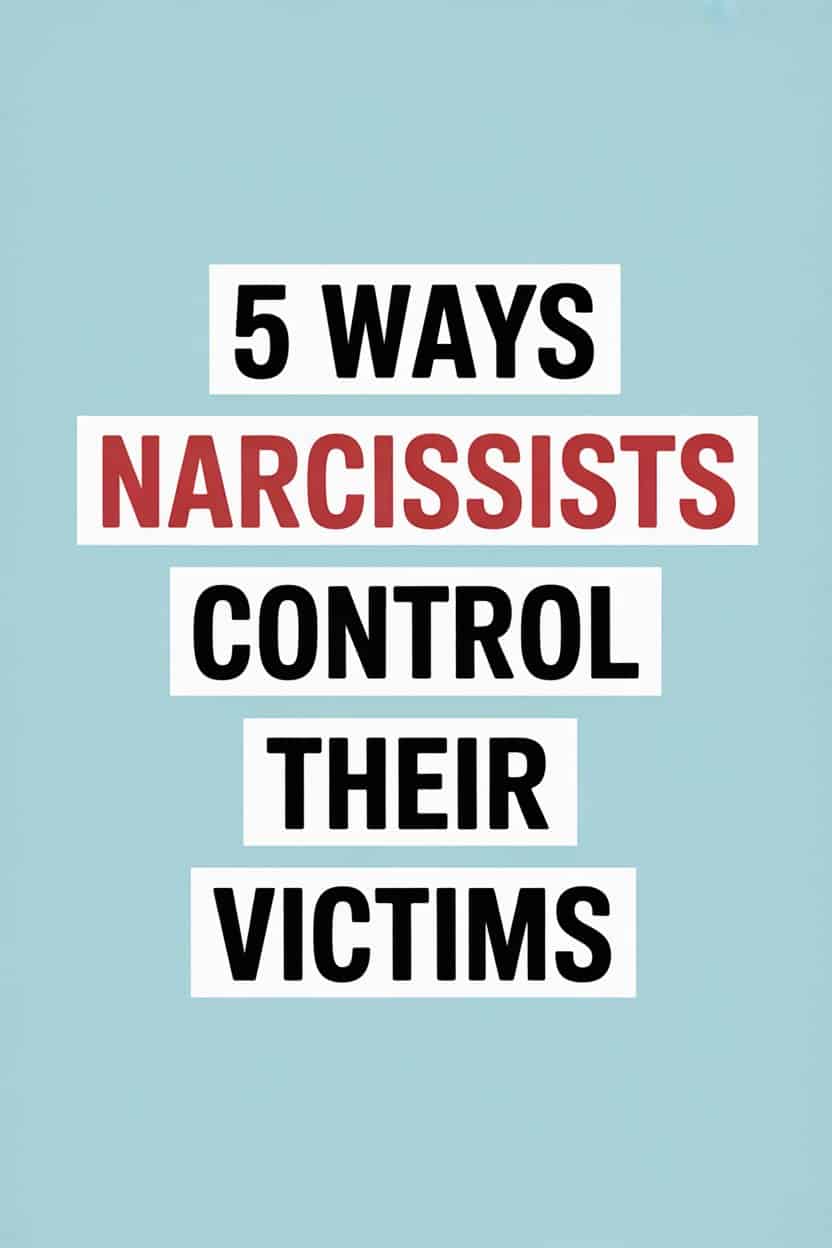If you’ve ever felt like you’re starring in a psychological thriller—except the villain is someone you love—welcome to the rough ride of loving a narcissist.
They don’t announce themselves like Bond villains, but their tactics? Slicker than a greased pig at a county fair.
Buckle up, because it’s time to call out five classic plays from the narcissist’s handbook.
1. Gaslighting Until You Question Reality
Narcissists could win Oscars for their ability to twist facts. They can spin a story faster than your grandmother’s knitting needles.
No, you didn’t just hear them say that cruel thing—they never said it. Didn’t they apologize for that mess? No, you’re imagining things. It’s all in your head.
Gaslighting is their bread and butter. They chip away at your version of events, dismiss your feelings, and make you doubt your own memory.
Their goal? Create so much self-doubt that you start looking to them for what’s “real.” And, somehow, reality always seems to favor their needs.
If you’ve found yourself apologizing for things you never did, walking on eggshells, or keeping a secret stash of screenshots just to prove a point, that’s not love. That’s psychological warfare dressed up as a relationship.
A simple way to begin breaking the cycle? Keep a journal—one they don’t have access to. Document events, conversations, and your feelings. Think of it as insurance for your sanity.
2. Isolating You From Family and Friends
Narcissists don’t want anyone else whispering in your ear—unless it’s positive reviews about them. The more isolated you are, the easier you are to control.
This isn’t always done with a moody pout or a slammed door. It’s subtle. Maybe your best friend is “jealous” of your relationship. Your mum is “too involved.” Your colleagues “don’t want what’s best for you.”
Before long, you’re barely texting your mates and skipping family dinners because it’s just “less drama that way.” Suddenly, your world shrinks.
And in that tiny world, the narcissist is the sun, moon, and WiFi password.
Rebuilding bridges can be terrifying, especially after time away. Reach out anyway. That first awkward coffee date with a friend can restore more of your old self than a year of therapy (though therapy does help).
And don’t worry—real friends aren’t keeping score.
3. Manipulation With Guilt and Obligation
Ever felt like you’re starring in a one-sided loyalty contest? That’s narcissist territory. They’ll remind you of everything they’ve ever done for you—usually with a tally that rivals your local supermarket’s loyalty scheme.
At the same time, your needs? Minor inconveniences at best. “After all I’ve done for you, this is how you repay me?” If you had a pound for every time you heard that…
Manipulation through guilt is a classic move. Whether it’s not picking up the phone, spending time with others, or even just disagreeing, you’re made to feel like a traitor.
The weight of obligation is heavy—but it’s not actually yours to carry.
Setting boundaries is the antidote. No one ever died from saying, “That doesn’t work for me.” (Unless the narcissist tried to convince you otherwise.) Practice saying no in the mirror if you have to. It gets easier, promise.
4. Playing the Victim to Avoid Responsibility
Every narcissist has a black belt in self-pity. When things go wrong, it’s never their fault. Maybe it’s your “unreasonable” expectations, their difficult childhood, or the weather.
If you point out a pattern, get ready for an epic tale of woe. By the end of the sob story, you’ll be comforting them and apologizing for rocking the boat.
This tactic is brilliant for dodging accountability. They turn every conversation about their behavior into a referendum on how mean you’ve been. Suddenly, you’re arguing about your “tone” instead of their behavior.
Don’t take the bait. Stick to “I” statements—“I felt hurt when…” or “I need…”—and resist the urge to fix things for them. Their feelings are not your responsibility, no matter how many crocodile tears they squeeze out.
5. Love Bombing Then Withholding Affection
One minute, you’re being showered with affection and praise. You’re the best thing since sliced bread. The next, the affection dries up—like British summer in August.
That dizzying cycle of idealization and cold shoulder is not accidental. It’s designed to keep you hooked.
Love bombing at the start can be intoxicating: big gestures, stolen glances, and the kind of intense attention that makes rom-coms look tame.
Then, just as you get used to the sunshine, they pull the rug—and you’re left scrambling to win back their approval.
This hot-and-cold routine messes with your sense of self-worth. Stop and look for patterns. Is affection given freely, or do you feel like you’ve got to jump through hoops?
Healthy love isn’t conditional, and it doesn’t require you to solve a riddle every morning.
If the relationship feels like a never-ending audition where you’re always at risk of losing the lead role, that’s not love. That’s control.
Finding Your Way Back to Yourself
Escaping a narcissist’s grip isn’t like flipping a switch. It’s more like untangling a ball of fairy lights—one knot at a time, with a few curse words for good measure.
Reconnect with people who love the unfiltered, unedited version of you. Seek out professional support if you need it—therapy is not just for “crazy people,” regardless of what your narcissist may have said.
Take up an old hobby, even if it’s just to remind yourself that you exist outside of this relationship.
Trust your instincts. They got a little rusty, but they’re not broken.
And if you needed permission to say enough is enough—consider it granted. The world needs more of you, not less.


